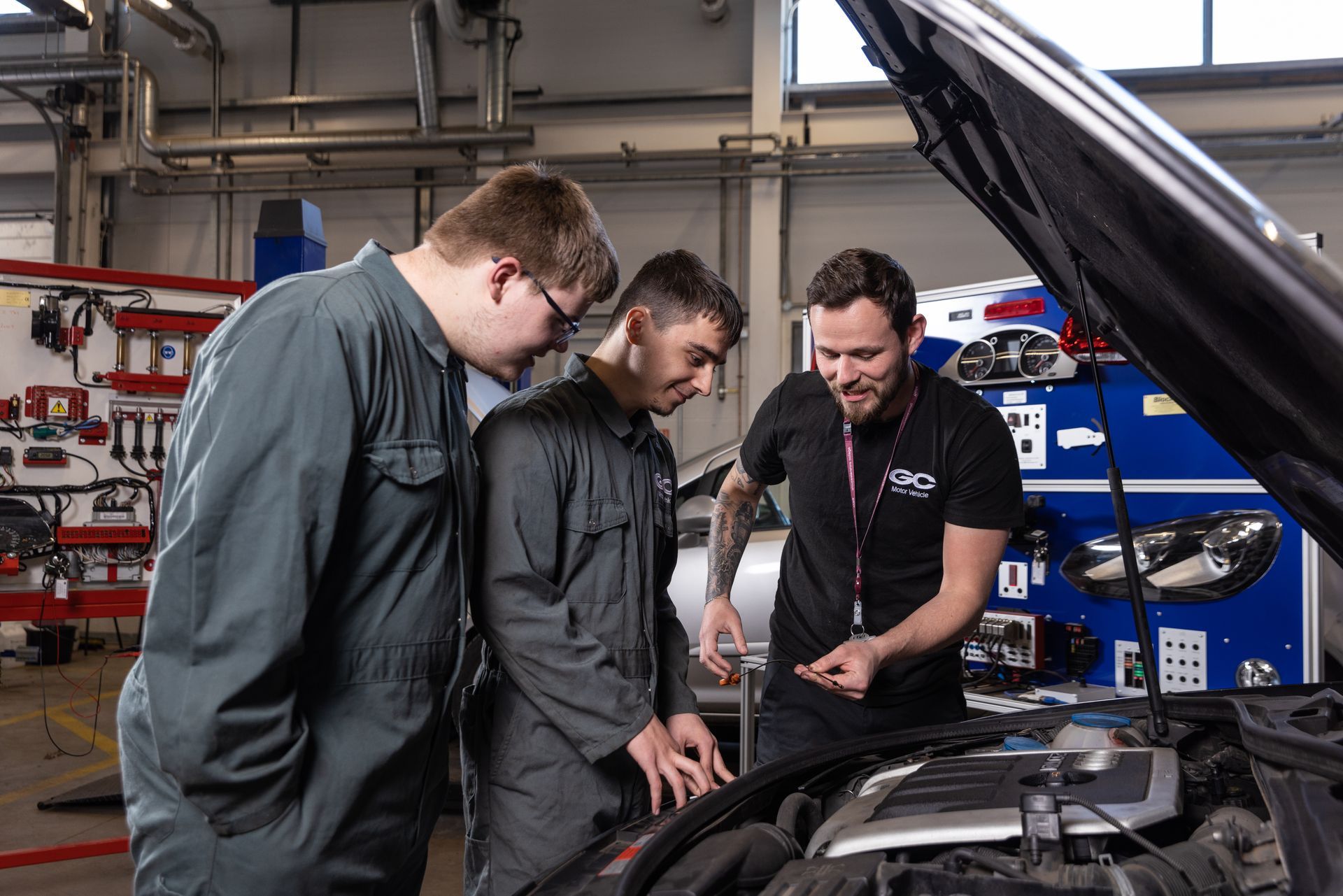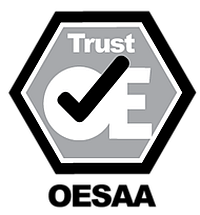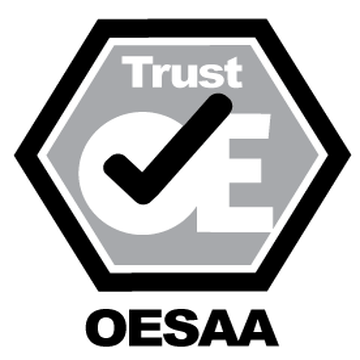OESAA and Banner Batteries unite to ensure a car’s heart beats strong
Banner Batteries is a founding member of the Original Equipment Suppliers Aftermarket Association (OESAA). One of the key factors behind joining was the organisation’s determination and strategy to educate today’s and tomorrow’s industry professionals – and it achieved exactly that with regular participation at AutoInform and OESAA Academy Live.
Following the first article, focusing on the impact of AGM and EFB technology, as well as reaffirming its OE credentials, the next story in the series focuses on the importance of battery fitting, testing and value for money.
Just as individuals strive to take care of their own hearts for a healthier life, the same principle applies to the heart of a car: the battery. Proper care and attention can significantly extend its lifespan and ensure a vehicle delivers peak performance consistently.
The changing landscape of battery replacement
In the past, car batteries were often viewed as one-size-fits-all components; however, the automotive landscape has evolved dramatically. Today, fitting the right battery is essential due to two key factors: firstly, modern vehicles must accommodate an increasing array of electrical demands beyond simply starting the car and powering lights and wipers. Systems, like air conditioning, heated screens, electric seats, advanced navigation, and entertainment systems, all place additional strain on the battery. Some vehicles even feature auxiliary batteries to help manage this load.
Secondly, the rise of start/stop technology, driven by environmental regulations, has further complicated the battery landscape. Vehicles equipped with AGM batteries require AGM replacements to ensure proper functionality. Attempting to replace an AGM battery with anything else will lead to failure. Conversely, while it’s possible to upgrade from an EFB to an AGM, the reverse is not recommended.
Selecting the appropriate Ampere-hour (Ah) battery technology is crucial to prevent premature failure. Manufacturers are simplifying the process of finding the right battery with user-friendly tools, like Banner Batteries’ Battery Finder, available at www.bannerbatteryfinder.co.uk.
These lookup tools, often based on vehicle registration numbers, provide detailed information about the suitable Banner battery for a specific vehicle. This includes part numbers, capacity, power ratings, and suggested retail prices. Access to technical data, such as battery dimensions, layout, engine compartment location, fitting instructions, and estimated installation time, are all there.
Value for money
Many motorists tend to overlook their car’s battery until it fails, turning a critical component into a distress purchase; however, when comparing the cost of a premium replacement battery to that of a tank of fuel, it becomes evident that a high-quality battery offers genuine value for money. Investing in the right battery not only keeps a car running smoothly but also ensures it can meet the day-to-day demands placed upon it.
Product quality is paramount, and the key component in a battery's performance is lead. OE brand batteries tend to be heavier due to a higher lead content, indicating better quality; however, reducing materials in battery construction could be perceived as a cost-cutting exercise, resulting in smaller, thinner, and fewer plates. This compromises reliability, performance, and lifespan.
Testing is quick, easy and profitable
Battery testing in a workshop is not just a routine task; it’s a critical aspect of vehicle maintenance that can have benefits for both professionals and vehicle owners. It serves as a health check. It allows technicians to assess the battery’s current condition and performance. Batteries, like any other component, deteriorate over time due to various factors, including age, temperature extremes, and usage patterns. By regularly testing batteries, technicians can gauge whether they are still operating within acceptable parameters or if they need replacing.
After-all, a dead battery can be a major inconvenience and lead to unexpected vehicle breakdowns. When batteries fail without warning, it can result in frustrated customers and additional costs for jump-starts, tows, and diagnostic work.
Replacing a battery is typically a straightforward and relatively quick procedure compared to dealing with the aftermath of a dead battery. By testing batteries in the workshop, technicians can save both time and money for their customers and business. It’s a proactive approach that minimises the inconvenience and expense associated with sudden battery failures.
Most importantly, providing battery testing as part of routine maintenance demonstrates a commitment to ensuring the reliability and performance of customers’ vehicles. It builds trust and confidence in a workshop’s services. When customers know that technicians are looking out for the health of their vehicles, they’re more likely to return for future maintenance and repairs.
Conclusion
The evolving automotive landscape demands tailored battery solutions, considering the increasing electrical demands of modern vehicles and the complexities of start/stop technology. Selecting the right battery technology is essential to prevent premature failure, and tools like Banner Batteries’ Battery Finder simplify this process.
Moreover, the value of investing in a high-quality battery cannot be overstated, as it ensures smooth vehicle performance and cost-effective reliability. Regular battery testing in workshops serves as a proactive health check, saving time and money by preventing unexpected breakdowns. It also fosters trust and confidence in a workshop’s commitment to customer vehicle health, promoting return business. In caring for a car’s heart, OESAA member, Banner Batteries, ensures it continues to beat strongly on the road.




